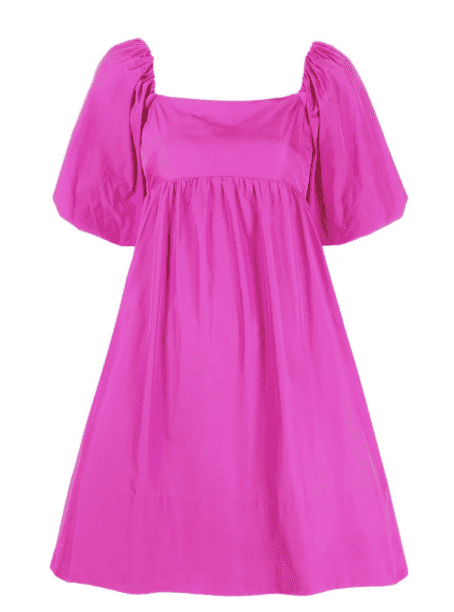Ariana Madix’s Strapless Denim Dress
Ariana Madix’s Strapless Denim Dress / Vanderpump Rules Instagram Fashion July 2023
Two of Bravo’s most eligible bachelorette’s Ariana Madix and Katie Maloney stepped out this weekend to film their hit show, Vanderpump Rules. Which of course means we got to see their outfits. And Ariana Madix’s strapless denim dress didn’t disappoint, especially with a price tag well under $150. So while I know that I may have misspoke when calling Ariana a Bachelorette as she seems to be somewhat taken, fortunately her darling denim dress is still completely eligible to go home with you.
The Realest Housewife,
Big Blonde Hair

Click Here for Additional Stock
Photo:@PumpRulesBravo
Spotted On Instagram
Latest Posts
Originally posted at: Ariana Madix’s Strapless Denim Dress
Read More























